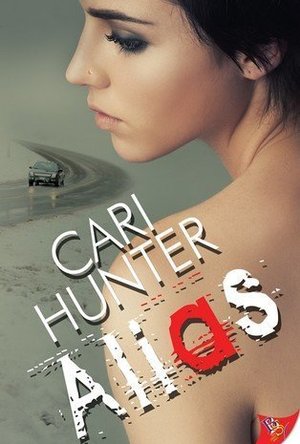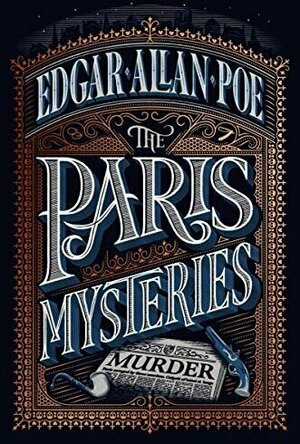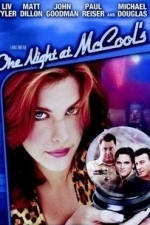
One Night at McCool's (2001)
Movie Watch
McCool's bar was hopping that night. Randy (Matt Dillon) worked there, tending bar. Lawyer Carl...
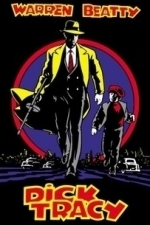
Dick Tracy (1990)
Movie Watch
Hard-boiled detective Dick Tracy (Warren Beatty) is searching for evidence that proves Alphonse "Big...
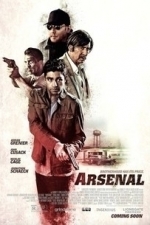
Arsenal (2017)
Movie
The Lindel brothers, Mikey and JP, only had each other to rely on growing up. As adults, JP finds...
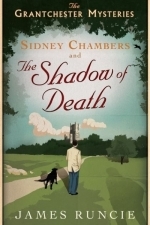
Sidney Chambers and the Shadow of Death
Book
Sidney Chambers, the Vicar of Grantchester, is a thirty-two year old bachelor. Sidney is an...
Grantchester crime mystery 1950s

Bad Guys: The Movie (2019)
Movie
A bus transporting the inmates is flipped resulting in the felons escaping. In order to round up and...
Ross (3284 KP) rated The Paris Mysteries in Books
Dec 27, 2019
This phrase was clearly coined after Poe's demise, as he doesn't seem to have ever heard it.
Yes, he is undoubtedly the first and most important writer of detective/crime fiction. This by no means suggests it is any good.
The three stories are really just a setting out of a mysterious crime with some facts/suspicions, with a lengthy monologue where C August Dupin solves the mystery. That's it. No suspense. No character development. No real scene setting. Just a slightly puzzling crime followed by a smartarse giving the solution.
The main thing to take away from these three Poe stories is that the police and detectives used to be rubbish and looked for the wrong evidence, or were sidetracked by what they wanted to see. There are many crimes and stories with apparently impossible solutions which can't seem to be unravelled. This idea absolutely was the genesis of the rich and varied crime genre we have today. The idea that a strange set of circumstances can arise where an apparently normal crime can be committed but with the evidence so obscure and tangled that unravelling it would take a genius.
Sadly, Poe didn't put the story around the bare bones of these crimes. So all we have is three exam questions with a know-it-all giving the answer, with no charm, no suspense, no thrilling conclusion. One of them barely even concludes the murderer, just spends an age picking holes in the logic applied by various newspapers in trying to document the crime.
I might be interested in reading a retelling of these stories (except the one where a letter has simply gone missing and is found my looking somewhere obvious), where someone actually weaves a narrative around the bare bones.
I appreciate Poe's efforts because of what followed, but not for what they themselves are.

My Dark Places
Book
On 21 June 1958, Geneva Hilliker Ellroy left her home in California. She was found strangled the...
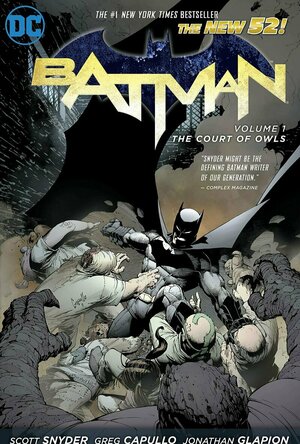
Batman, Volume 1: The Court of Owls
Book
#1 New York Times Bestseller! Following his ground-breaking, critically acclaimed run on Detective...
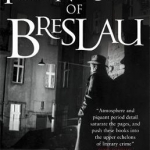
Phantoms of Breslau: An Eberhard Mock Investigation
Marek Krajewski and Danusia Stok
Book
It is 1919 in Breslau. The hideously battered bodies of four young sailors are discovered on an...
